Occupation - 1 Class 3 Worksheet SST
Q1: Multiple Choice Questions (MCQ)
(i) Which of the following is not a mineral?
(a) Coal
(b) Petroleum
(c) Iron
(d) Sugarcane
Ans: (d)
Sugarcane is a water-intensive crop that remains in the soil all year long.
(ii) Where is fishing considered as the main occupation?
(a) Coastal areas
(b) Hilly areas
(c) Desert areas
(d) None of the above
Ans: (a)
The main occupation of the people living in coastal areas is fishing.
(iii) Which animal is reared for milk?
(a) Cow
(b) Buffalo
(c) Goat
(d) All of these
Ans: (d)
Although all mammals produce milk to nourish their young, the cow is predominantly used throughout the world to produce milk and milk products for human consumption. Other animals used to a lesser extent for this purpose include sheep, goats, camels, buffaloes, yaks, reindeer, horses and donkeys.
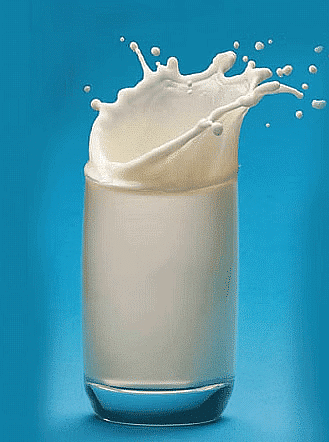
(iv) What are occupations?
(a) Hobbies done for fun
(b) Paid jobs done by people to serve the society
(c) Voluntary work without payment
(d) Government-related jobs only
Ans: (b)
Occupations are paid jobs done by people to serve the society.
Q2: Fill in the blanks
(i) Mining means extracting minerals out of the _________.
Ans: Earth
(ii) In poultry farms, we rear _________ and _________ for eggs and meat.
Ans: chickens and ducks
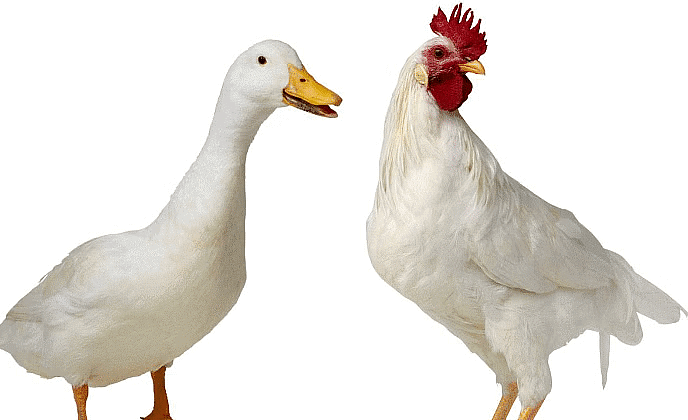
(iii) The process of converting of _____________ into useful products is called manufacturing.
Ans: material
(iv) Occupations are based on education, training, skills, and the availability of __________.
Ans: work
(v) People in villages have needs such as health care, education, communication, and __________, which are other occupations.
Ans: transportation
Q3: Match the following
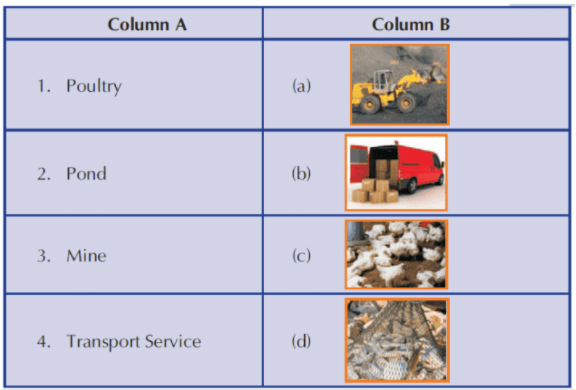
Ans: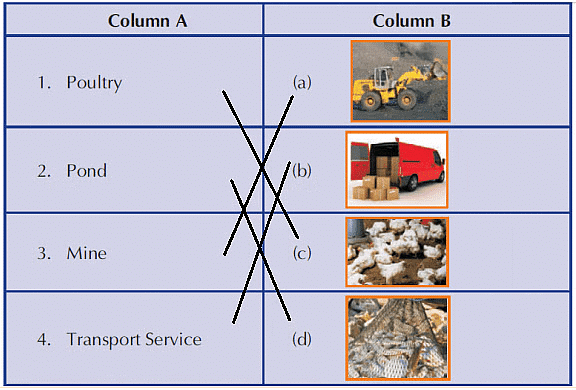
Q4: True/False
(i) Occupations are based on education, training, skills, and the availability of work.
Ans: True
(ii) Teaching is the most important occupation as other occupations depend on it.
Ans: True
(iii) Occupations are created only by the wants of the society.
Ans: False
(iv) Most of India's population lives in villages, and farming is the main occupation for them.
Ans: True
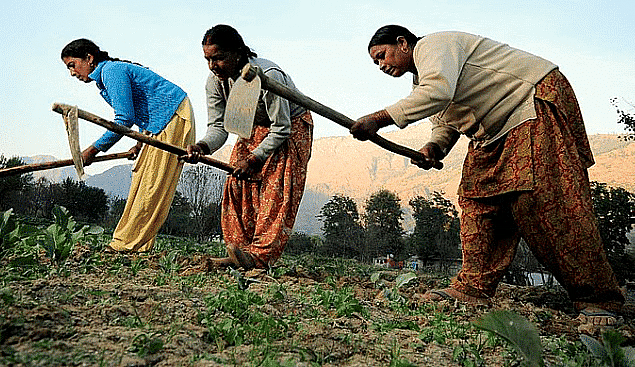
(v) Occupations are limited and do not grow as society expands.
Ans: False
Q5: Answer the following questions
(i) What is mining? Name two important minerals.
Ans: Mining is the extraction of valuable minerals or other geological materials from the Earth, usually from an ore body, lode, vein, seam, reef, or placer deposit. Examples of minerals are Coal, gold.
(ii) What is meant by term ‘occupation’? Give examples.
Ans: An activity or task with which one occupies oneself; usually specifically the productive activity, service, trade, or craft for which one is regularly paid; a job. An example of occupation is when you are a doctor or a lawyer.
(iii) What is farming?
Ans: Farming is the act or process of working the ground, planting seeds, and growing edible plants. You can also describe raising animals for milk or meat as farming. Farming is a great way to describe the lifestyle and work of people whose jobs are in the agriculture industry.
FAQs on Occupation - 1 Class 3 Worksheet SST
| 1. What are some common occupations in Class 3? |  |
| 2. What skills are required for occupations in Class 3? |  |
| 3. How does one choose a suitable occupation in Class 3? |  |
| 4. What are the educational requirements for occupations in Class 3? |  |
| 5. Are there any opportunities for career growth in occupations in Class 3? |  |
















